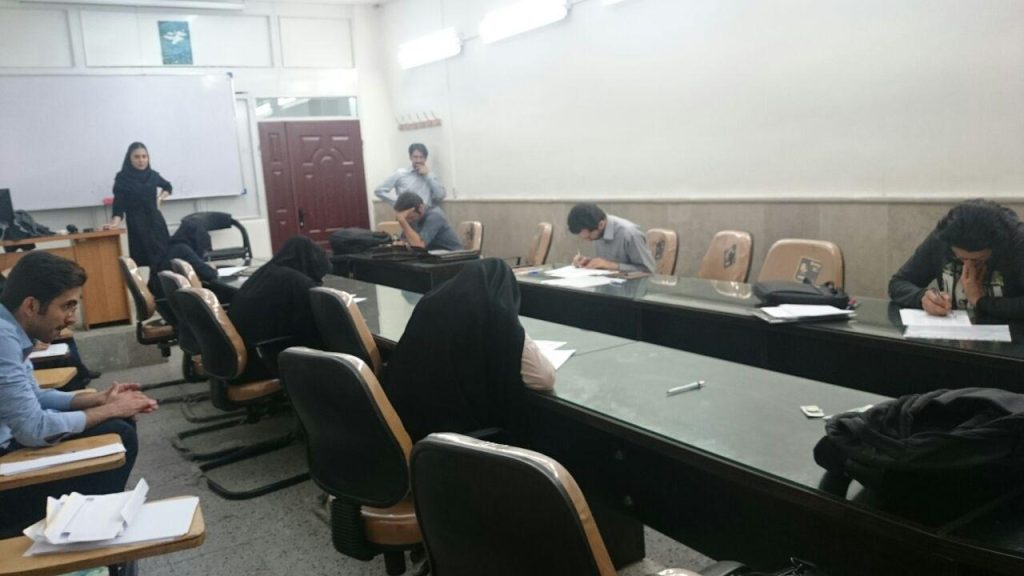The Study of Dishonesty and its Impact on Human Behavior
Introduction: The study of dishonesty has been a subject of interest among psychologists, economists, and behavioral scientists for many years. It is the study of how and why individuals engage in unethical or illegal behavior. Dan Ariely, a renowned psychologist and behavioral economist, has conducted several studies and written books on the subject of dishonesty. He is also the host of a documentary that explores the topic in depth.
Objective: The objective of this study is to replicate the research conducted by Dan Ariely and examine the impact of dishonesty on human behavior. We will focus on understanding how various situational and environmental factors can influence an individual’s likelihood to engage in unethical behavior.

Methods: This study will be conducted at a university with participants from law, engineering, and theology programs. Participants will be asked to complete a series of tasks and scenarios designed to test their honesty levels. The data collected from these tasks will be analyzed to determine if there are any correlations between the participants’ backgrounds and their likelihood to engage in unethical behavior.
Study Design: The study design will be a controlled experiment with three groups of participants: law students, engineering students, and theology students. Each group will be asked to complete a series of tasks and scenarios designed to test their honesty levels. The results of these tasks will be analyzed to determine if there are any correlations between the participants’ backgrounds and their likelihood to engage in unethical behavior. Data Collection: Data collection will be conducted through the use of questionnaires and observation of participants’ behavior during the tasks and scenarios. The participants will be asked to complete a series of tasks designed to test their honesty levels, including a task in which they are given an opportunity to cheat and report their own performance. The participants’ behavior during the tasks and scenarios will be observed and recorded.
Data Analysis: Data analysis will be conducted using statistical methods such as regression analysis and chi-square tests. The results will be analyzed to determine if there are any correlations between the participants’ backgrounds and their likelihood to engage in unethical behavior.
About Dan Ariely: Dan Ariely is a psychologist and behavioral economist who is known for his research on the topics of dishonesty, irrational behavior, and decision-making. He is the James B. Duke Professor of Psychology and Behavioral Economics at Duke University and has published several books on the subject of dishonesty and irrational behavior. He is also the host of a documentary that explores the topic of dishonesty and its impact on human behavior.
Conclusion: The study of dishonesty is a crucial aspect of understanding human behavior and decision-making. This study aims to replicate the research conducted by Dan Ariely and examine the impact of dishonesty on human behavior. The results of this study will provide valuable insights into the factors that influence an individual’s likelihood to engage in unethical behavior and the strategies that can be used to prevent it.







